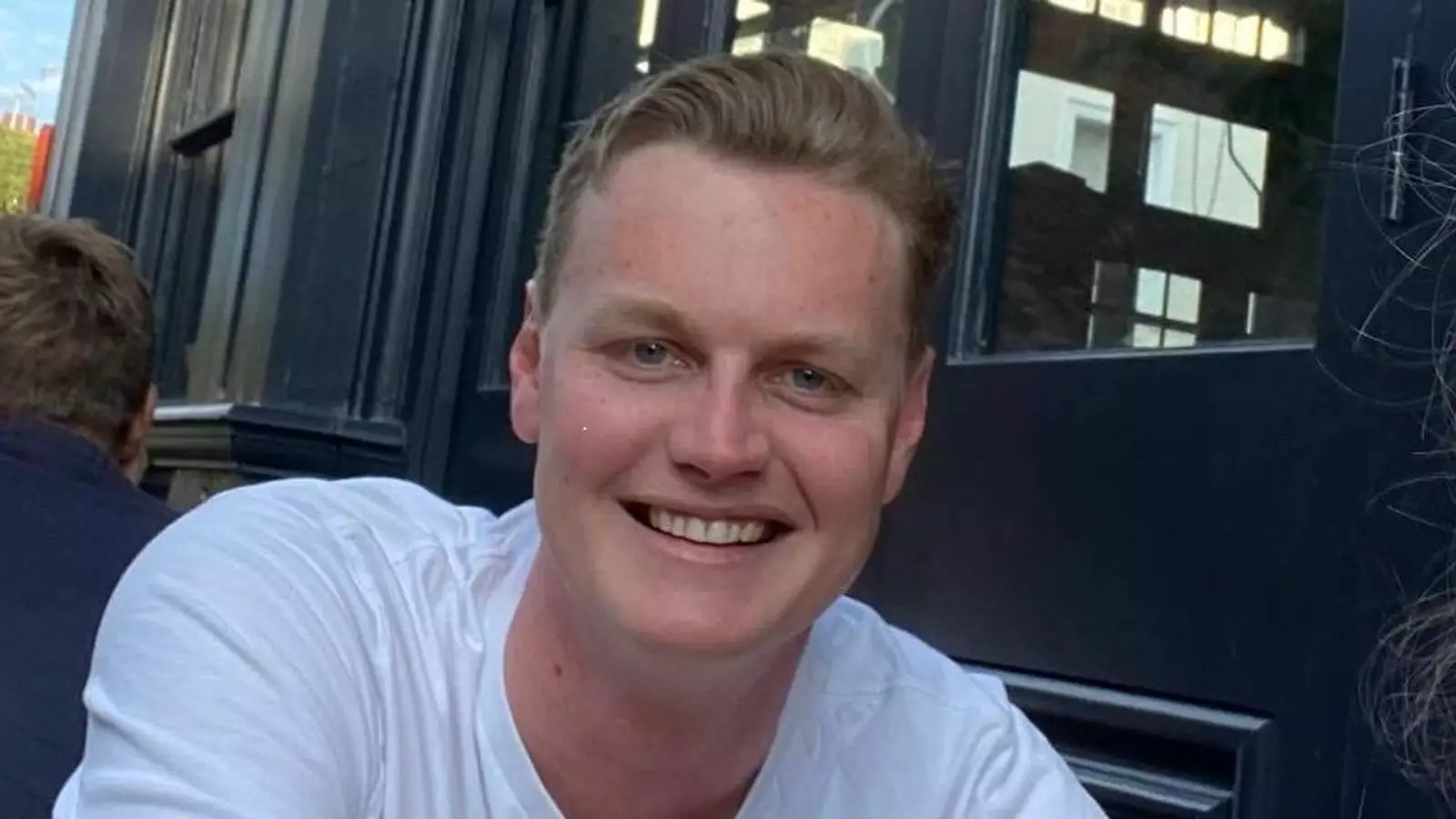The tragic death of Edward Pettifer, a 31-year-old British man from Chelsea, has cast a pall over New Orleans following a horrifying attack on New Year’s Day. Pettifer was killed when an army veteran, Shamsud-Din Jabbar, drove a rented truck into a crowd on Bourbon Street, a place known for its vibrant atmosphere, particularly during festive occasions. The sheer thought that this celebration could turn so grim highlights the unpredictability and brutality of terrorism, which often indiscriminately targets the innocent.
The King’s heartfelt condolences to Pettifer’s family underscore the impact this loss has on both personal and broader societal levels. It is a stark reminder that behind each statistic lies a unique individual, whose absence leaves a significant void in the lives of loved ones. Pettifer’s family described him as a “wonderful son, brother, grandson, nephew, and friend,” emphasizing the myriad relationships cut short by such senseless violence. Their anguish resonates deeply, and their plea for privacy while they grieve shows the profound impact of losing a loved one in such a manner.
On that fateful night, 14 lives were extinguished and many others profoundly affected, as Jabbar’s vehicle wreaked havoc in a scene that began with celebration. Preliminary investigations by the New Orleans coroner have indicated that blunt force trauma was the cause of death for all victims, emphasizing the brutality of the attack. Jabbar’s life ended in a police shootout, closing the door on any chance for justice he might have faced in a court of law.
Authorities are now piecing together the events leading to this violence. The FBI has labeled the act as “premeditated terrorism,” with Jabbar reportedly expressing allegiance to ISIS, a terrorist organization notorious for its violent ideologies and devastating attacks around the globe. The FBI’s assertion that Jabbar was “100% inspired by ISIS” reveals a chilling reality: that radicalization can lead susceptible individuals down a path of violence, ultimately impacting the lives of many innocent people.
The New Orleans attack is yet another reminder of the pervasive threats posed by extremist ideologies. Findings from the FBI indicated that Jabbar had been communicating his intentions through social media, even warning of a desire to harm his loved ones before targeting the public at large. This disturbing willingness to conquer personal relationships for the sake of a misguided ideology raises significant concerns about mental health and the influence of extremist propaganda online.
Jabbar’s mental state and the allure of such ideologies necessitate a deep reflection. His willingness to commit violence as a form of protest against perceived injustices reflects societal failures in offering appropriate interventions. It raises questions about how communities can better identify and support individuals struggling with radical thoughts before they escalate into actions that irreparably damage the lives of many.
The aftermath of incidents like the New Orleans attack often brings people to a crossroads. While they grieve for their lost ones, they are also thrust into a conversation about security, extremism, and unity. The family of Edward Pettifer, in focusing their mourning on their loss while extending sympathy to other bereaved families, highlights the need for collective compassion rather than an atmosphere of fear and division.
Communities impacted by tragedy must stand together, fostering resilience instead of allowing such acts of hatred to sow discord. As mourners gather to remember the lives cut tragically short, their stories must be honored, and the discussions surrounding systemic issues related to extremism must continue. The cycle of violence must be broken, and it is incumbent upon society to learn from these devastating events, allowing each life lost to serve as a rallying cry against hatred and an appeal for understanding within increasingly diverse worldviews.
The loss of Edward Pettifer harms not only his family but resonates throughout a shaken community and calls for action against terrorism. As society reflects on his tragic story, it must also strive for a future where compassion triumphs over hatred, and the cycles of violence are decisively broken.


Leave a Reply